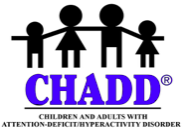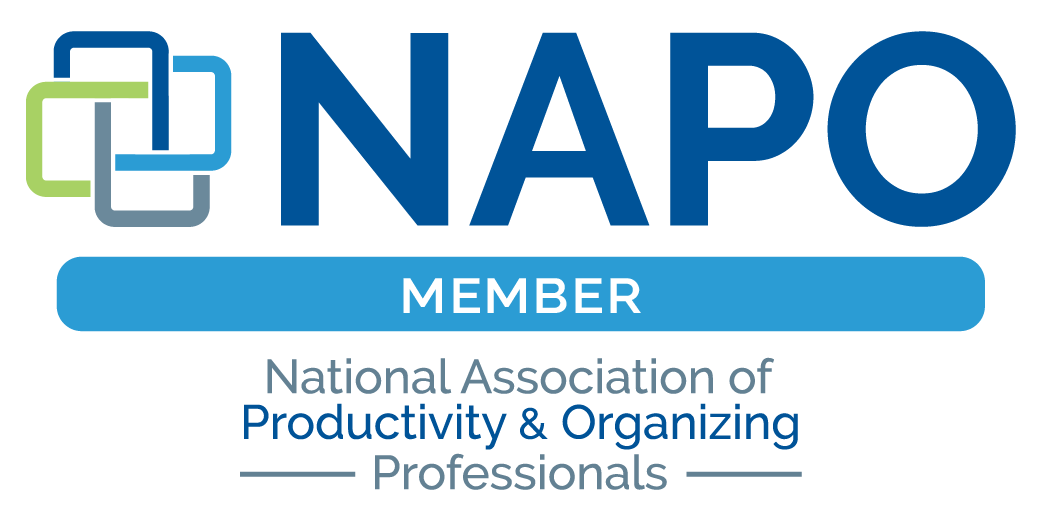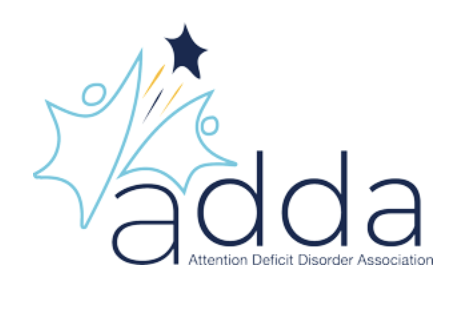Without knowing it at the time, I was working with clients who had ADHD since the earliest days of my organizing practice. They may not have known it either. No one mentioned the acronym.
In calls and emails, I routinely heard about the desire for help due to varying degrees of overwhelm, piles, clutter, difficulty finding things, indecision, and the inability to make systems work. Moves and other life transitions increased angst about challenges that had been present since as far back as they could remember. Trial and error on their own led many to toss their hands in the air. The hope that came with reaching out for help was a brave step towards relief and change.
The education and insights I gained back then as a subscriber to the National Study Group on Chronic Disorganization (now the Institute for Challenging Disorganization or ICD) turned out to be invaluable for all of us.
“Chronic disorganization,” or “CD” in organizing parlance is defined on the ICD website as a condition that “persists over a long period of time, frequently undermines quality of life, and recurs despite repeated self-help attempts.” The term gave clients a name for their challenges along with a foothold that bolstered our efforts to create simple, adaptive, and functional scaffolding of support.
Another thing ICD says about chronic disorganization is it “may be present with brain-based challenges such as ADHD, Anxiety, Depression, Hoarding Disorder, PTSD, TBI, and more.” What I saw in that list was one specialty within the organizing profession – hoarding – and an inevitable need to study psychology. I craved a less academic way to add to my toolkit and eventually enrolled in a coaching program. Coaching incorporated an inherent curiosity that was both a natural fit for my personality as well as a modality to deepen work with clients.
It would be another five years (2018 to be precise) when prospective clients were sharing ADHD diagnoses during initial queries and intake calls. Three clients – including one I’d worked with intermittently since 2008 – passed my contact information along to their therapist. All had shared excitedly how much progress they were making during our sessions. They didn’t know each other, but they had more in common than just me and a diagnosis: they had the same therapist. ADHD was the focus of their counseling practice. This was when the aha moment arrived: ADHD found me.
I read what I can to keep up on all things ADHD, but in all honesty, the experiences and wisdom shared by those who live it provide an incomparable education. Clients teach me as much, if not more, than I teach them. I have so much gratitude to them for bringing me along on this unexpected and wonderful journey.





